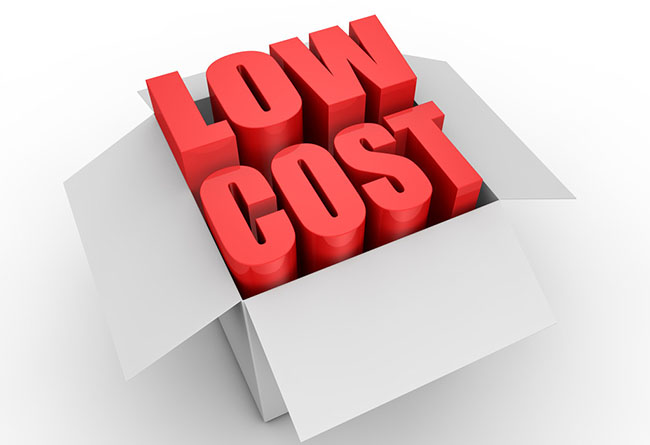
Most shippers still prioritise cost over sustainable or carbon-free supply chain options, according to the senior manager for sustainability at Agility Logistics, Gwyneth Fries.
However, Fries told Lloyd’s Loading List that attitudes are progressing, albeit slowly.
“When given a chance, only a handful of shippers choose the environment over cost,” she said. “We have noticed an improvement in attitudes from shippers, but more in terms of reporting requirements.
“More and more of our customers are asking upfront for estimated emissions, and some demonstrate an interest in ideas for reducing emissions of shipments early on. We hope that increased calls for more reporting will translate into increased opportunities to do things differently to save carbon.”
In a report for the World Economic Forum, Fries and Essa Al Saleh, president and chief executive officer for Global Integrated Logistics at Agility Management, argue that the cost-sensitive nature of logistics discourages shippers from opting for cleaner fuel options.
“Just consider that second-generation biofuels are commercially viable, but not available, because no one is yet willing to consistently pay higher costs to ship goods,” notes the report.
Agility does receive customer requests for their emissions to be offset or for zero-emissions technologies such as electric heavy-duty vehicles.
Offsetting emissions not the solution
However, often the requests are for solutions not yet available, and Fries told Lloyd’s Loading List she is not convinced offsetting is a viable means of transitioning to sustainable, carbon-free supply chains.
“The key is to reduce avoidable emissions,” she added. “Only a select group of global shippers are open to ideas that challenge their traditional process for supply chain decision making and management.
“We all need to start thinking differently.”
The shipping sector has been taking steps to reduce its environmental impact, not least through ‘IMO 2020’ regulations that entered into force at the start of January and mandate the use of low-sulphur bunker fuel.
The IMO (International Maritime Organization) has also set targets to ensure the world fleet lowers greenhouse gas emissions by 40% by 2030 and 50% by 2050, although the sector is under increasing pressure to accelerate its embrace of carbon-free shipping.
Tax fuel to pay for infrastructure
Research recently published by the Global Maritime Agency estimates that up to $1.9 trillion in investments will be needed to fully decarbonize maritime shipping by 2050. Of the total, only 13% of the investment is aimed at the vessels, with the remaining 87% needed for land-based infrastructure such as port terminals and production facilities for alternative fuels.
Fries believes the best way of paying for the transition to zero-emission supply chains is via a tax on fuels. Yet while the idea of a global fuel levy incorporating the social cost of carbon into fuel costs has widespread backing, resistance continues.
“Most in the industry agree on this, but the oil industry pushes back because they will be the ones that need to shoulder the cost,” Fries told Lloyd’s Loading List.
Another factor delaying a move to carbon-free shipping is that even in mature markets, the largest industry players “can’t agree on who should cover the cost of transitioning to a zero-emissions logistics industry” notes the report by Fries and Al Saleh.
Short-term efficiency gains
In the short term, Fries and Saleh argue that the logistics industry should mobilise around practical, system-level approaches to address avoidable emissions across supply chains.
“No matter what the fuels of the future will be, it will be useful to reduce the total amount of fuel needed to power global trade,” notes the joint report.
“More fuel-efficient transport modes, supply-chain optimisation and operational efficiency should be prioritised for their emissions-reducing potential.
“These solutions are not and cannot be mode-specific, but must address global logistics as a system.
“Reducing avoidable emissions alone won’t get us to zero. But this approach is open to everyone everywhere, starting now, and it can save fossil fuels in the present, and open the door to zero-carbon fuels in the future.”
Source: Shutterstock.com
The opinions expressed herein are the author's and not necessarily those of The OLO News.
Quality Companies